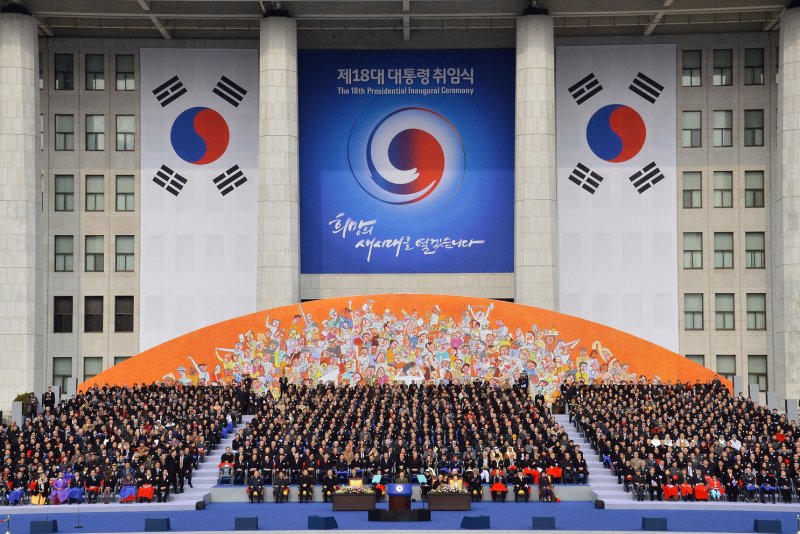South Korea has been tackling "fake news"” by targeting online comments, a move that was described as "excessive" by Internet freedom advocates. File Photo by Keizo Mori/UPI |
License Photo
Feb. 16 (UPI) -- Concern about fake news and the uncontrollable growth of online rumors is going global, and in South Korea the national election commission is tackling the problem by targeting the comments sections of websites.
But the move is being criticized as censorship, local news service Media Today reported Thursday.
According to Open Net, a nongovernmental South Korean organization advocating freedom and openness of the country's Internet, the crackdown on fake news is an "exercise of cyber-censorship."
In early January, the national election commission announced plans to tackle defamation and "propaganda" online.
On Feb. 7, Lee Chul-sung, South Korea's police chief, said "fake news are to be subject to investigation by police."
Former U.N. Secretary-General Ban Ki-moon also blamed fake news, or the deliberate promotion of political falsehoods, for "misrepresenting" him ahead of a possible presidential campaign in South Korea.
Ban dropped out of the presidential race after making several public appearances.
The national election commission was already actively monitoring online rhetoric on political candidates during South Korea's 20th legislative elections in 2016.
The commission deleted more than 17,000 comments online in compliance with South Korea's elections law, according to Media Today.
Removed content included questionable rumors about the illegal enrollment of a ruling party lawmaker's daughter to a university, and a meme of lawmaker Yoo Seung-min that depicted him as a pre-modern Korean eunuch.
Open Net said the "excessive" policy should be improved in order to prevent suppression of free speech and to not adversely affect legitimate press reporting.















